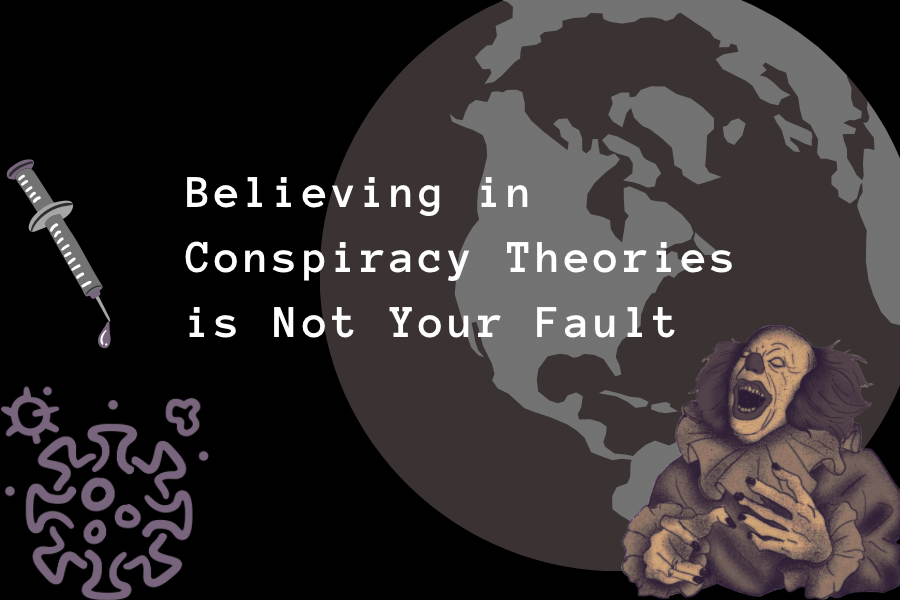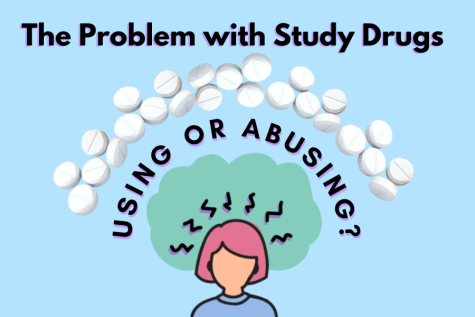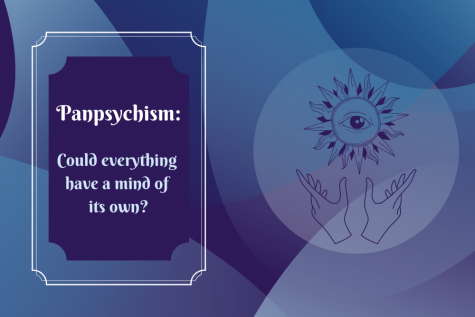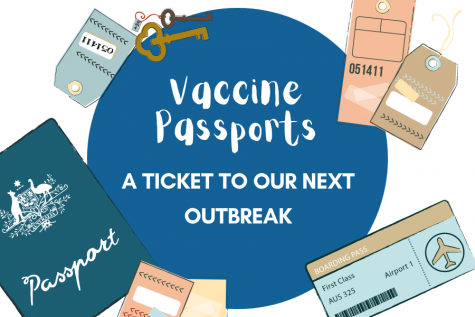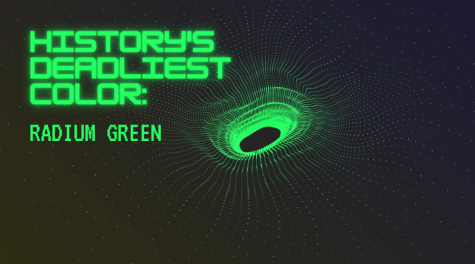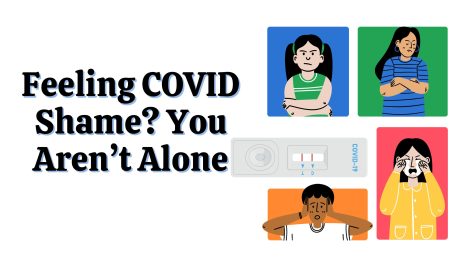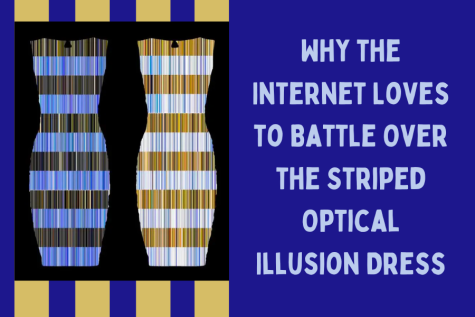Believing In Conspiracy Theories Is Not Your Fault
If you were ever paying attention to library classes taught in Scarsdale Middle School, you would remember the acronym “CAARP”, which we used to figure out if a source was reputable or not. This stands for currency, authority, accuracy, relevance, and purpose. Although I had to resort to the internet to refresh my memory on the breakdown of the acronym, I will never forget the lessons we were taught on the importance of identifying “fake news”. Fake news, the common umbrella term for misinformation, the misleading presentation of data, and fabricated stories, also encompasses conspiracy theories, which can be very harmful to our understanding of the truth.
Some of the most famous conspiracy theories include the death of Princess Diana, the Moon Landing being fake, flat Earth, and killer clowns. These theories range in seriousness and popularity but are all hot topics for debate. Most conspiracy theories are created and used as explanations for events that are unnatural, evil, or unexplainable.
Historically, conspiracy theories increase during times of crisis. Since the outbreak of COVID, conspiracy theories have significantly increased. In fact, the Pew Research Center reported that about 71% of Americans have heard of popular coronavirus conspiracy theories. Despite the difficulties in preventing the spread of coronavirus conspiracy theories, there are multiple explanations for why people genuinely believe in conspiracy theories. Humans feel safer when they are in control of different aspects of their lives. There is also an inherent desire for humans to explain the world around them. Conspiracy theories, especially those that are believable, include evidence that may be artificially presented or easily misinterpreted. Not only will this influence people who are seeking information that agrees with what they want to or already believe, but conspiracy theories will also neglect opposing evidence that is true. Consequently, when believers of conspiracy theories are proven wrong with evidence that conspiracies were based on unsupported information, they are less likely to budge once they have found alignments in conspiracies with their personal beliefs. Inevitably, the uncomfortable, uncertain feeling remains when people become powerless and lose security in dire situations, but finding reassurance in the misinformation supported by conspiracy theories is even more harmful.
Conspiracy theories may occasionally be entertaining, but there are real, concerning consequences of their rapid growth in popularity, the “addicting” absorption of misinformation, and their mainstream influence. So the next time you hear someone discussing how they think the moon landing was fake or that Earth is flat, remember to rely on science and not the made-up explanations spread by conspiracists.
Works Cited:
Healthline. www.healthline.com/health/mental-health/the-psychology-behind-conspiracy-theories#Takeaway.
“A look at the Americans who believe there is some truth to the conspiracy theory that COVID-19 was planned.” Pew Research Center, www.pewresearch.org/fact-tank/2020/07/24/a-look-at-the-americans-who-believe-there-is-some-truth-to-the-conspiracy-theory-that-covid-19-was-planned/.
LSU.edu. faculty.lsu.edu/fakenews/about/rumors.php.
New York Times. www.nytimes.com/2020/09/28/health/psychology-conspiracy-theories.html.
Psychology Today. www.psychologytoday.com/us/basics/conspiracy-theories.
“Scientists ‘strongly condemn’ rumors and conspiracy theories about the origin of coronavirus outbreak.” Science.org, www.science.org/content/article/scientists-strongly-condemn-rumors-and-conspiracy-theories-about-origin-coronavirus.
The University of Chicago Divinity School. divinity.uchicago.edu/sightings/articles/conspiracy-theories-and-human-psychology.

